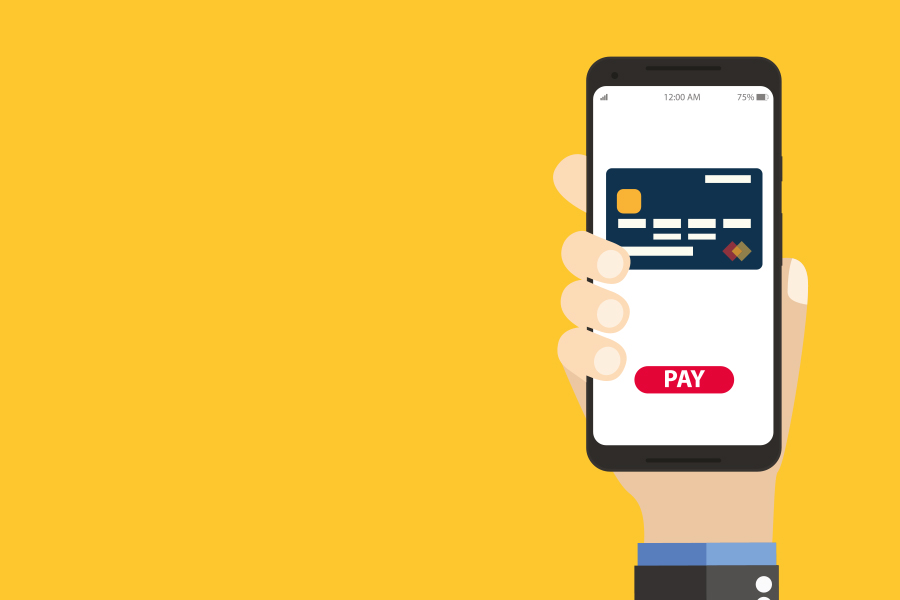More consumers than ever are using digital wallets and mobile payments, so it’s important that retailers cater to these changing shopping habits
Covid-19 has led to many of us drastically altering our shopping habits. With the nonessential stores shuttered during lockdown, consumers have been turning online in droves to fulfil their purchasing needs during the pandemic.
Nearly two in five UK consumers (36%) said that their spending habits had altered recently, according to the NatWest Retail and Leisure Outlook Report 2021. In 2020, online sales in the retail sector saw a mammoth five years’ worth of growth in just 12 months, as pandemic restrictions and lockdowns shifted spending online.
Additionally, almost half of shoppers (46%) made a new online purchase last year that they would have previously made in-store, the report said. Statistics show that online sales accounted for 28% of retail spending in 2020 – up from just 19% back in 2019.
BEHAVIOUR
With consumers migrating online to fulfil their shopping needs comes another shift in behaviour: many more consumers are now relying on digital wallets, such as PayPal, and mobile payment services, like Apple Pay, to complete transactions.
In the age of Covid, cash is no longer king. Those stores that have been allowed to remain open during lockdown are keen for shoppers to pay with contactless credit or debit cards, or digital and mobile options, rather than cash, to reduce the risks of physical contact between staff and customers at the point of sale.
That said, cash payments were already on the decrease prior to Covid. Statistics from the Bank of England show that only 23% of all payments in 2019 were made using cash. This is a major decrease in popularity, down from just under 60% a decade earlier, as people increasingly turn to other methods such as debit cards and digital payments.
According to the Bank of England, during the Covid-19 pandemic the way people use cash has changed, with less being used for transactions. That is in part due to a overall consumer spending having fallen, but also reflect wider concerns about the risk of banknotes transmitting the virus.
More consumers are now using digital wallets and mobile payment services. In the age of Covid-19, cash is no longer king
Recent data from the FIS 2020 Global Payments Report shows that nearly a third of UK consumers are now using digital and mobile wallets to pay for goods that they are purchasing online.
The UK is currently the biggest e-commerce market in the world – set to be worth over $319 billion by 2023 (up 37%). Meanwhile, digital wallets are anticipated to be the most popular method of online payments, valuing 33% of the market. “Consumers now want frictionless payments that can be completed with ease and on the go,” says Pete Wickes, SVP Corporate, Worldpay Merchant Solutions, FIS.
“Digital and mobile wallets such as Apple Pay, Google Pay and PayPal cater for this consumer need and as a result we have seen their popularity rise, with nearly a third (29%) of UK consumers using one of these methods to pay for goods online in 2019.”
BUY NOW, PAY LATER
The study also found a significant rise in the use of Buy Now, Pay Later services (BNPL): “BNPL companies such as Klarna, Clearpay, Laybuy and PayL8r have taken the nation by storm and show no signs of slowing down, as British consumers crave an alternative to traditional forms of credit,” says Wickes.
“Our data shows that to be competitive in these increasingly challenging times, retailers should be exploring new and emerging payment products such as BNPL, mobile and digital wallets.”
Many customers like using services such as Apple Pay as, unlike contactless card payments (limited to a £100 spend), there are no restrictions with mobile, meaning bigger purchases can be made without touching a chip and pin machine.
In a post-Covid world, paying digitally will quickly become the norm. Which is great news for most consumers, but maybe not so good if you’re one of those people who tries to get out of buying a round in the pub by saying you haven’t got any cash…

